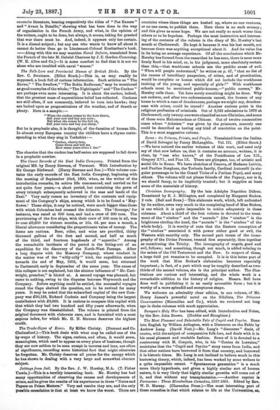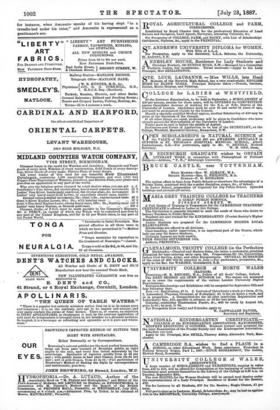The Most Pleasant and Delectable Tale of Cupid and Psyche.
Done into English by William Arlington, with a Discourse on the Fable by Andrew Lang. (David Nutt.)—Mr. Istag's "discourse" deals, of course, with the subject of comparative folk-lore, and deals with it in his usual pleasant and readable fashion. Some of it is devoted to a controversy with M. Cosquin, who, in his "Coates de Lorraine," maintains that the "Cupid and Psyche" story came from India, and that other nations have borrowed it from that country, and borrowed it in historic times. Mr. Lang is not inclined to believe much in this borrowing theory, which, indeed, has been worked by some writers to a quite impossible extent. "Spontaneous generation" is a much more likely hypothesis, and given a highly similar sort of human nature, it is very likely that highly similar growths will come out of it, and that without any transplantation.—Another reprint is Parnassus r Three Elizabethan Comedies, 1697.1601. Edited by Be,. W. D. Heresy. (Clarendon Press.)—The most interesting part of these comedies is that which relates to life at the Universities, as,
for instance, when Amoretto speaks of his having slept "in a trundlebed under his tutor," and Amoretto is represented as a gentleman's son.



































 Previous page
Previous page